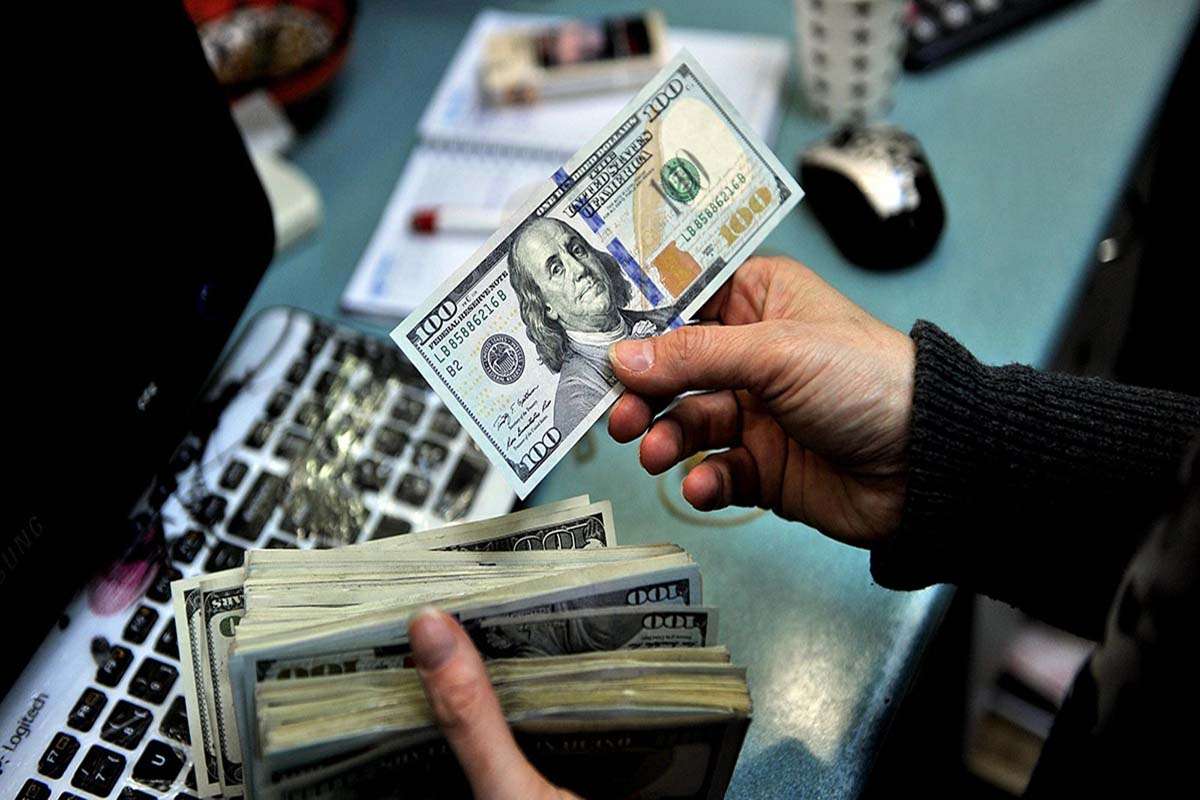- 7 April 2023
- No Comment
- 200
How the World is Moving Away from the US Dollar and What It Means for You

The US dollar has been the king of currencies for a long time. It is the most widely used and trusted currency in the world, especially for buying and selling oil and other commodities. It is also the most popular currency for central banks to keep as part of their foreign exchange reserves. The US dollar also rules the global financial system, as most transactions are done in US dollars through a network that is controlled by the US government.
But things are changing. More and more countries and regions are trying to reduce their dependence on the US dollar and use their own currencies or other alternatives instead.
China and Russia want to challenge the US dominance and influence in the world and protect themselves from US sanctions and interference. They have been trading more in their own currencies and creating their own payment systems that bypass the US network. They have also been selling their US bonds and buying more gold.
The European Union wants to boost the role of the euro as an international currency and maintain its trade with Iran despite US sanctions. It has been developing its own payment system that allows it to do business with Iran without using US dollars.
The Shanghai Cooperation Organization (SCO), a group of countries led by China and Russia, wants to increase their economic cooperation and integration. They have agreed on a plan to use more of their own currencies for trade among themselves.
Some developing countries such as Turkey, Iran, Venezuela, and Argentina have been facing economic problems and inflation because of their reliance on the US dollar. They have been looking for alternatives such as cryptocurrencies or gold to preserve their wealth and avoid US sanctions.
This trend of moving away from the US dollar is called de-dollarization, and it has big consequences for the world and for you. On one hand, it could make the US dollar less valuable and less powerful, which could hurt the US economy and its ability to borrow money and pay its debts. It could also weaken the US influence and power in the world, as it would lose its control over other countries through sanctions and financial spying.
On the other hand, it could also make the world more diverse and stable, as it would reduce the risk of a single currency crisis or shock affecting everyone. It could also encourage more cooperation and competition among different countries and regions, which could lead to more innovation and growth.
De Dollarization is not a simple or straightforward process, but rather a complex and dynamic one. It is not a blblack-or-whiteituation, but rather a spectrum of shades of gray. It is not clear whether it will result in a world with many currencies or two main ones, or whether it will create more peace or conflict in the world. What is clear is that de-dollarization is happening and it matters for everyone who cares about the future of the world.
To illustrate some of the aspects of de-dollarization, here are some charts or graphs that show some relevant data:
Over time, other currencies including the euro, yen, renminbi, and gold have increased in importance relative to the US dollar, while the US dollar’s share of the world’s foreign currency reserves has decreased.
IMF COFER Database as a source
Since 2014, the volume of trade between China and Russia has increased significantly in local currencies while declining in US dollars.
South China Morning Post as the source
Since its debut in 2015, CIPS (China’s alternative payment system) has seen a steady rise in the volume of transactions it processes.
Citation: CIPS
We’ve covered de dollarization’s definition, causes, implications for you, and use of statistics to highlight it in this blog post. We expect you have gained new knowledge about de-dollarization.
